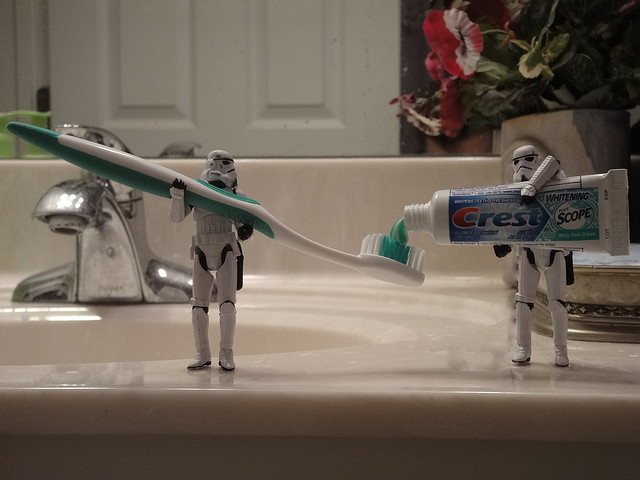The stereotypical bachelor student’s room looks something like this:
- Smudge-ridden computer screen
- Crumb-filled, crusty keyboard
- A desk buried under papers, food, clothes, and heaven knows what else
- A floor that’s…well, it’s under there somewhere, just can’t see it right now
Does this describe you? Of course not. But believe it or not, such people do exist in the world—and there’s a little of that slovenliness in many of us.
Unless you’re a so-called neat-freak, there are probably some areas of your work area that could be in better shape. But it’s not just the obvious, physical area I’m bringing up, although that’s important. It’s also other areas, including the following:
Your mind:
If your room is cluttered, you’ll have a hard time finding stuff. Same with your mind. When it’s time to work, you need to shut out distractions as much as possible. So, resolve that you’re going to forget about all the other pressures (and pleasures) of life, just long enough to do a great job on the essay you’re doing.
Your computer:
Do teachers even accept handwritten papers anymore? Beats me. In any case, since you’re almost certainly going to be working at your computer to write your essay, you need to make sure it’s not a mess.
First, tidy up the desk (or floor, bed, or lap) that your computer happens to be on. Banana peels and old soda cans in your line of vision are not conducive to concentration.
Second, take a few minutes to un-clutter your computer’s desktop and My Documents, if these areas are not already reasonably organized. It is very nice to be able to find things when you need them.
Once you do these things, make it a habit to keep things in good shape. It will put you in a better state of mind while you work, and this by itself may result in a higher grade.



